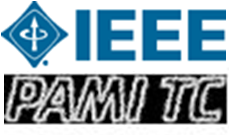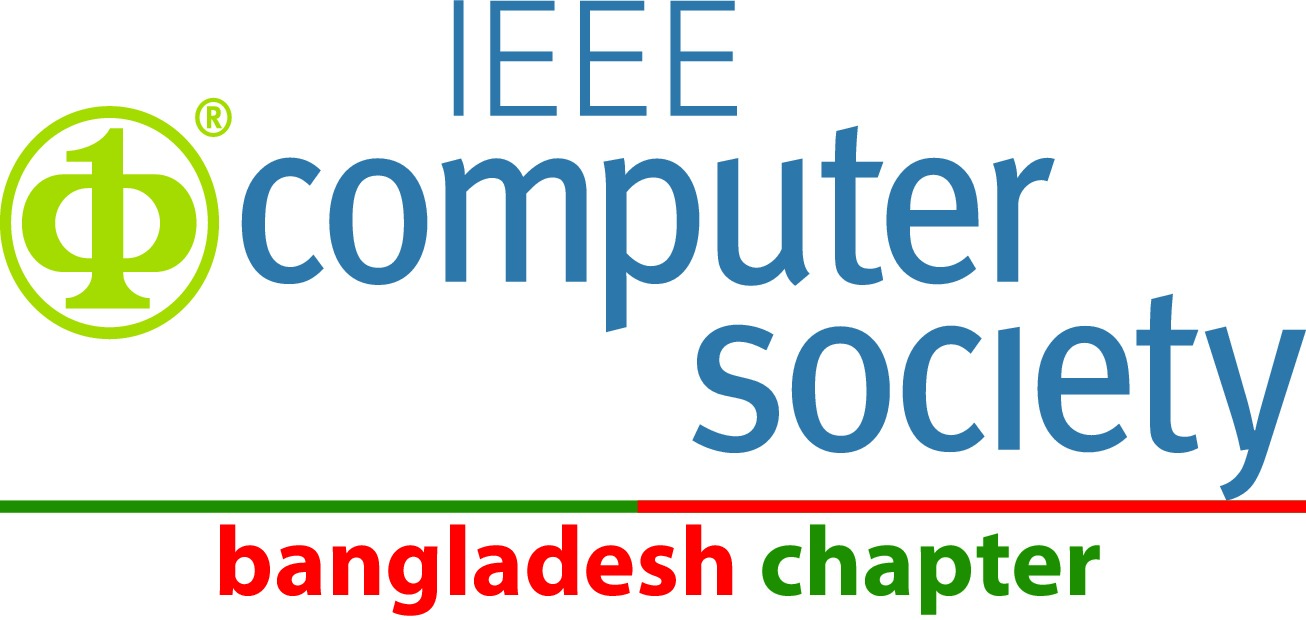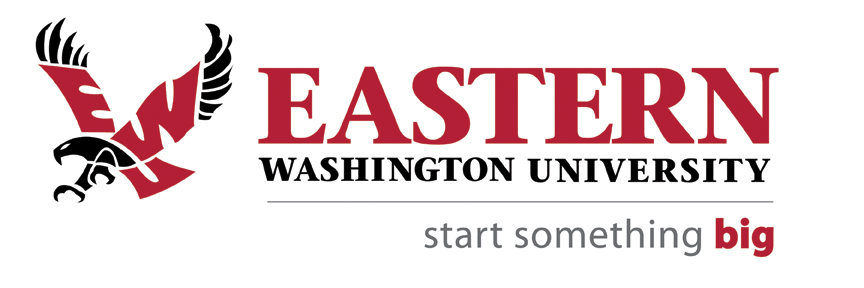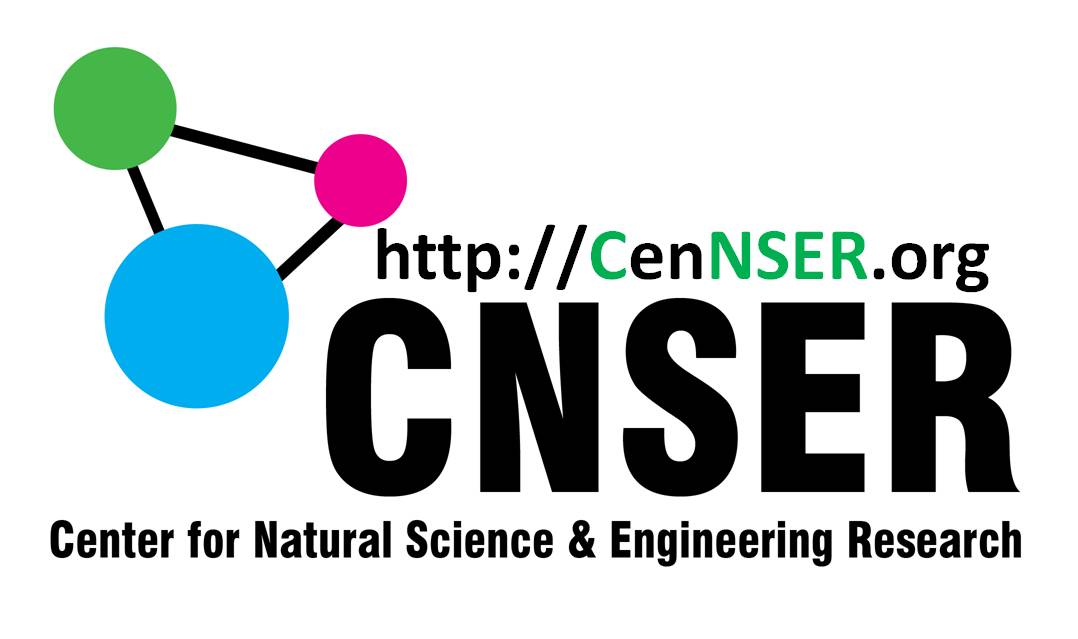







Click: Call for
Mini-Workshop (W) / Organized Session (OS) / Tutorial Session (TS) Proposals.
WORKSHOP:Workshop 1: Workshop on Information Technologies for Kestenberg Movement Profile Analysis: An Early Stage Developmental Disorder Detection CaseOrganizers: Chair: Yukari Sakiyama, Mukogawa Women's University, Japan E-mail: sakiyama [AT mark] mukogawa-u.ac.jp Co-chair: Haruhiko Takase, Mie University, Japan E-mail: takase [AT mark] elec.mie-u.ac.jp Co-chair: Hiroharu Kawanaka, Mie University, Japan E-mail: kawanaka [AT mark] elec.mie-u.ac.jp About: This workshop is organized to study matters of Kestenberg Movement Profile Analysis (aims, methods, societies, etc.) and its IT support. The relevant specialists, especially related to the dance/movement therapy and the computer & electrical engineering should participate. This should consist of some hands-on tutorial and panel discussion. This workshop is primarily organized as a part of the research project funded by JSPS: "an early stage (baby & toddler) developmental disorder detection using KMP Analysis and its IT support". To ATTEND this workshop, please contact to the organizers above. First come, First served! TUTORIAL:Tutorial 1: Data Visualization Happy Hour: An "Open House" Tutorial WorkshopSpeaker: Elizabeth Tipton, DSCI Professor, Eastern Washington University, USA Tutorial 2: Computational Modeling of the Dividing Human Cell Speaker: M. Julius Hossain, European Molecular Biology Laboratory (EMBL), Germany Tutorial 3: Visual Knowledge Discovery and Machine Learning Speaker: Boris Kovalerchuk, Dept. of Computer Science, Central Washington University, USA Tutorial 4: QoS and QoE analysis for IoT Multimedia Applications in Software Defined Network Speaker: Rahamatullah Khondoker, Darmstadt University of Applied Sciences, Germany Nazrul Islam, University of Campinas (UNICAMP), Brazil Md. Ahsan Habib, Mawlana Bhashani Science and Technology University, Bangladesh Md. Habibur Rahman, Mawlana Bhashani Science and Technology University, Bangladesh SPECIAL SESSION:How to submit in SS?Click for Special Session - then, click + Create new submission, then select "IVPR: Imaging, Vision & Pattern Recognition" track, then select your Special Session from "SUBJECT AREAS".Proposed Special Sessions:SS1: Ionic Polymer Metal Composite - its Application in EngineeringSS2: Deep Learning for Pattern Recognition SS3: Signal and Image Processing for UAVs, Drones, Self-driving Cars, and Robotics SS4: Acceleration for Deep Learning Models SS5: Machine Learning in Medical Image Processing and Healthcare Application SS6: Information Processing Techniques and the Applications SS7: Bioimage Informatics in Life Science SS8: Sensing, Computing and Actuating for Smart Urban Environments Outline: Ionic Polymer Metal Composite (IPMC) has applications towards biosignal capturing, robotic sensor application, micro-gripping application, shape estimation using image processing, mechanical and chemical property analysis of IPMC, application in space research, etc. Organizer: Srijan Bhattacharya, RCC IIT, India Email: srijaneie [ATmark] gmail.com SS2: Deep Learning for Pattern RecognitionOrganizer: Norliza Mohd Noor, SMIEEE, UTM, Malaysia Email: norliza [ATmark] utm.my SS3: Signal and Image Processing for UAVs, Drones, Self-driving Cars, and RoboticsOrganizer: Chowdhury Shahriar, Northrop Grumman Corporations, USA Email: cshahria [ATmark] vt.edu SS4: Acceleration for Deep Learning ModelsOrganizer: Norliza Mohd Noor, SMIEEE, UTM, Malaysia Email: norliza [ATmark] utm.my SS5: Machine Learning in Medical Image Processing and Healthcare ApplicationSpecific topics of interest cover various facets of medical and health care system research, including but not limited to the following: Medical System, Heath Care System, Human Assist System, Assistive Technology for People with Disabilities, Medical and Health Data Processing, Surgery Support System, Medical Robotics, Medical and Health Data Mining, Medical and Health Big Data Analysis, Health Care System, Health Support System, Telemedicine/Telecare, Nursing system/Telenursing, Wellness support system, Cyberspace application on Medicine, Cyberspace application on Health Care, Cyberspace application on Human Assist, AI in Medicine, AI in Health Care, AI in Human Assist. Organizer: Saadia Binte Alam, University of Hyogo, Japan Email: saadiabinte [ATmark] ieee.org SS6: Information Processing Techniques and the ApplicationsOrganizer: M. Abdullah-Al-Wadud, King Saud University, Saudi Arabia Email: mwadud [ATmark] ksu.edu.sa SS7: Bioimage Informatics in Life ScienceOrganizer: M. Julius Hossain, European Molecular Biology Laboratory (EMBL), Germany Email: julius.hossain [ATmark] embl.de M. Ali Akber Dewan, Athabasca University, Canada Email: adewan [ATmark] athabascau.ca SS8: Sensing, Computing and Actuating for Smart Urban EnvironmentsIn this special session we ask for papers that address these issues. Papers can discuss scientific, engineering and societal issues related to applications made possible by introducing sensors, actuators and computer processing in urban environments. Organizer: Anton Nijholt, University of Twente, The Netherlands Email: a.nijholt [ATmark] utwente.nl For any query, please e-mail to: office [use@mark] iciev.org Call for Mini-Workshop (W) / Organized Session (OS) / Tutorial Session (TS) ProposalsWe welcome you to organize Mini-Workshop / Organized Session / Tutorial Session in the ICIEV!The aim of a W/OS/TS is to provide a complementary flavor to the regular sessions and should include hot topics of interest to the ICIEV areas/topics that may also go beyond disciplines traditionally represented at the ICIEV. Proposal Submission:Prospective organizers of W/OS/TS should submit proposals with the info below:
W/OS/TS's evaluation criteria:
Don't miss this opportunity to attend this conference! We are looking forward to have you in the conference! |
ICIEV by the
Center for Natural Science & Engineering Research